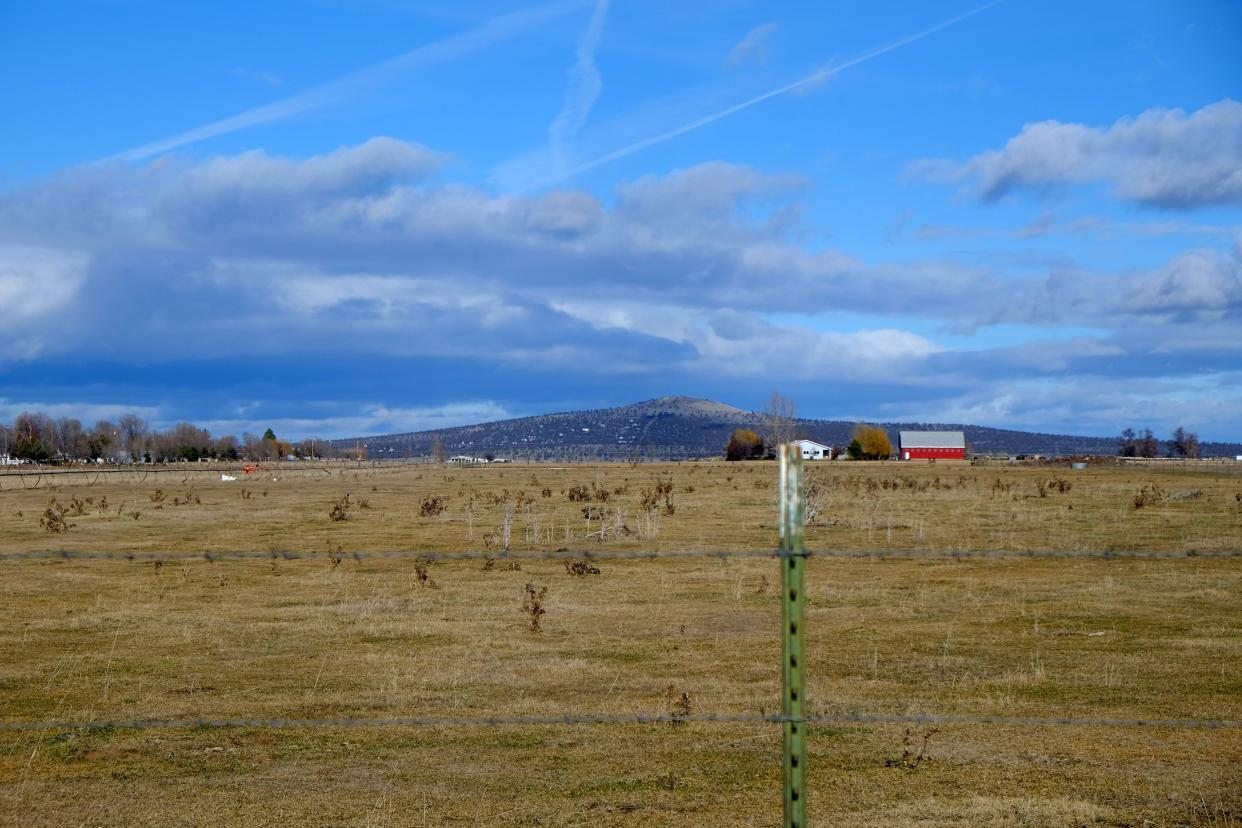Election 2022: How will Oregon governor candidates balance urban/rural needs?

- Oops!Something went wrong.Please try again later.
Oregon voters on Nov. 8 will choose from among five candidates to be the state's next governor: Republican Christine Drazan, unaffiliated candidate Betsy Johnson, Democrat Tina Kotek, Libertarian R Leon Noble and Constitution Party candidate Donice Smith.
The Statesman Journal asked the candidates about their position on a variety of issues, from guns to abortion to forest management. We will run their answers, presented in their words, over the next several weeks.
(Answers may be edited for clarity and length. Information in italics was added by the Statesman Journal. The order of the responses will be rotated with each question).
Election 2022:Learn more about the candidates on your ballot
The urban-rural divide is a reality for Oregon. How would you ensure policies and laws that work in Portland, Salem or Eugene aren’t overburdensome or irrelevant in the more rural areas of the state?
Donice Smith:
Before a blanket decision is made, they need to take a better look at ALL the communities, not just the larger. As governor, I would want to sit down with each county and community and find out what the concerns are. What works in one community is NOT going to work in another. When urbanites talk about “culture and diversity” and ask/demand consideration of these … they need to consider the cultural differences and daily lifestyles of those in rural to very, VERY rural areas. We must not allow policies or laws to be force fed to those where it is both “overburdensome or irrelevant in the more rural areas of the state.”
Christine Drazan:
Local control is one of my core values. I will lead by respecting all Oregonians — rural, urban, and suburban — by allowing local communities to decide the best approach to policies as often as possible, and by rejecting top-down mandates at the state level.
Rural communities have unique challenges and strengths that cannot be ignored.
Betsy Johnson:
I know there is Oregon east of Bend and south of Eugene. I grew up in central Oregon and for 20 years I have represented working people on the North Coast.
The rural-urban divide has as much to do with our state politics as our geography. For too long, one-party control of state politics and government has meant many voices across the state have been ignored and shut out of decision-making. That will change when I am governor.
First, I will demand bipartisan support for legislation, budgets and appointments. That means diverse voices will be listened to and heard — no matter your politics or ZIP code.
More from Oregon governor's race: Candidates offer plans for solving homelessness
Second, I will support Oregon’s natural resource industries and communities. Whether you make computer chips, wood chips, potato chips or fish and chips, I will be on your side. Oregon farmers, ranchers, loggers, millworkers and fishermen will be respected and involved in my administration.
I am proud to have the support of former Democrat Governor Ted Kulongoski and former Republican U.S. Senator Gordon Smith. These two leaders love Oregon more than any political party and have united across the political divide because they know that is the first step toward bridging our rural-urban divide. That is the power of an independent governor.
R Leon Noble:
I refuse to sign any laws that do not include the phrase "referred to the voters for approval," and will veto any laws applied to the entire state that do not address the disparity.
Tina Kotek:
Too many rural Oregonians feel left behind or not listened to, and the last two years of pandemic isolation certainly have not helped. First, as a nonprofit advocate and then as a state representative, I worked hard to hear all points of view and understand local differences in order to implement good public policy.
As governor, I will continue that approach and get out of Salem to listen to Oregonians all over the state. I will first focus on some key issues where we have common ground, like solving our housing crisis and expanding access to addiction and recovery treatment. And I will also collaborate with local leaders to solve the problems that are specific to our rural communities.
For example, drought and wildfire are major threats to natural resource industries, threatening the quality of life in many rural communities. We need to listen to people on the ground, and then do the actual work to address these problems if we want to heal the divide. I will take that responsibility head on.
This article originally appeared on Salem Statesman Journal: How will Oregon's gubernatorial candidates balance urban and rural needs?

